Born in Wittlich, Germany • Birth Year 1986 • Studied (Applied) Mathematics at Trier University, Germany • Highest degree PhD in Mathematics • Lives in Madrid, Spain • Occupation Postdoctoral Research Associate
Honestly, I do not really know when my passion for science, and in particular math first manifested itself. But from my experience, I can definitely say that being surrounded by the right people and mentors plays a big role in continuing in this direction and not steering towards following one of your other passions.
[..] in all of the career options that I tried, I was missing the logical and structured thinking and the challenges that math brings along.
My favorite subjects in high school had always been math and languages. It was after high school that I was thinking about combining the two subjects but I did not see myself becoming an elementary, middle, or high school teacher which probably would have been a natural choice. I tried several other options realizing internships and applying for study programs but in the end in all of the career options that I tried, I was missing the logical and structured thinking and the challenges that math brings along. It was after a gap year in Australia that I remembered one of my math middle school teachers telling me that I would be the right person to study math. Despite not agreeing with him at that point in time, in the end, I decided to give it a try. I went from a Bachelor’s to a Master’s to a Ph.D. degree in (applied) mathematics.
[..] I am very grateful for my choice as it allows me to not just learn more within my discipline but also about many others.
On the way, I kept learning languages and following my other interests especially learning more about other cultures and getting to know more of the world. After my Ph.D., I decided to go to the US for a postdoc where I stayed for about two years. Then I moved to Bilbao, Spain for another postdoctoral position. After almost two years there, I decided to stay in Spain and move to Madrid. This is what brought me to my current position. Currently, I am a postdoctoral research associate at IMDEA Materials. Here, I mainly develop models and algorithms for the acceleration of materials discovery for finding materials alternatives that are for example more sustainable. This means for instance that they are more inspired from nature, less toxic and do not deplete important limited resources. Having a background in applied mathematics, over the last 10 years I have had the opportunity to apply my mathematical knowledge in many areas reaching from cardiovascular stent design to optimization of fermentation processes to modeling cell metabolism to control of disease transmission dynamics to materials discovery. Looking back at my career decision, I think I would have been happy with studying computer science or engineering as well but it definitely had to be a science subject and I am very grateful for my choice as it allows me to not just learn more within my discipline but also about many others.
An academic research career can bring along a lot of frustration, uncertainty, and not always supportive environments but enjoying the process of learning from every experience, having the opportunity to make the world a better place, and following your passion make it worthwhile.
There have been tough phases and I definitely cannot say that I have never thought about switching careers. But I think that I have always enjoyed the challenges that my career path has brought along, maybe not always at the moment but overall, I believe that from facing challenges you learn the most. An academic research career can bring along a lot of frustration, uncertainty, and not always supportive environments but enjoying the process of learning from every experience, having the opportunity to make the world a better place, and following your passion make it worthwhile. Mentorship programs can give a lot of support on the way to keep you focused on your path and dealing with many of the given challenges. I am definitely very grateful for those mentors along the way that supported me and encouraged me to follow my passions.
If I had the opportunity to talk to my 20-year-old self, I would have told her: “Never regret anything, be grateful for the good things that every decision brought along, follow your passions, hold on to your core values, do not let your fears rule you and most importantly enjoy the process and live in the moment without holding on to the past or having fears about the future. You do not choose your destiny but you choose your company. You will find your way. Do not get lost in too much work, there are also other important things in life and remember success is one thing but you do not want to die one-day having regrets, such as not having shown enough care for your beloved ones and not having followed your other dreams and passions.”


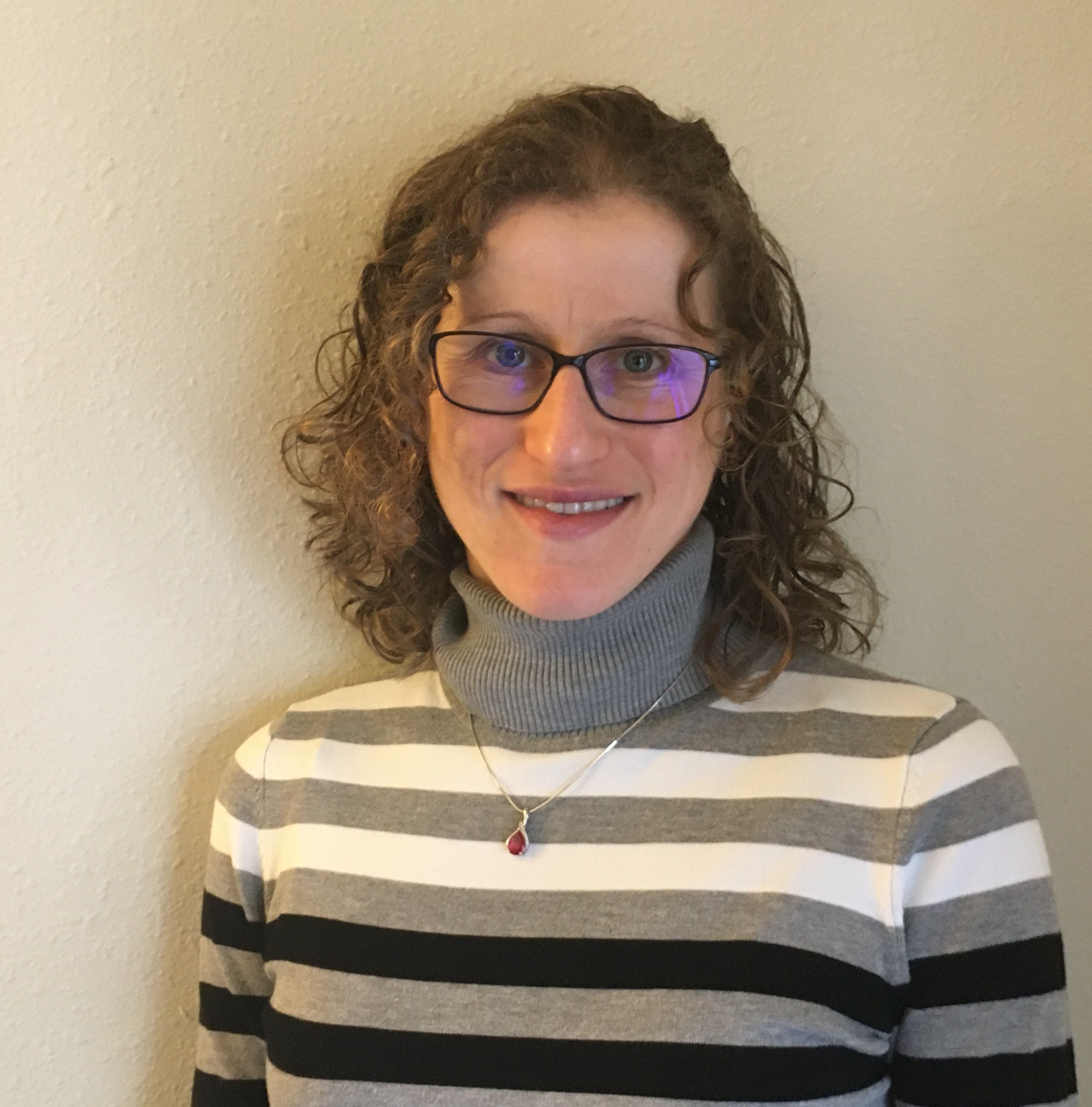
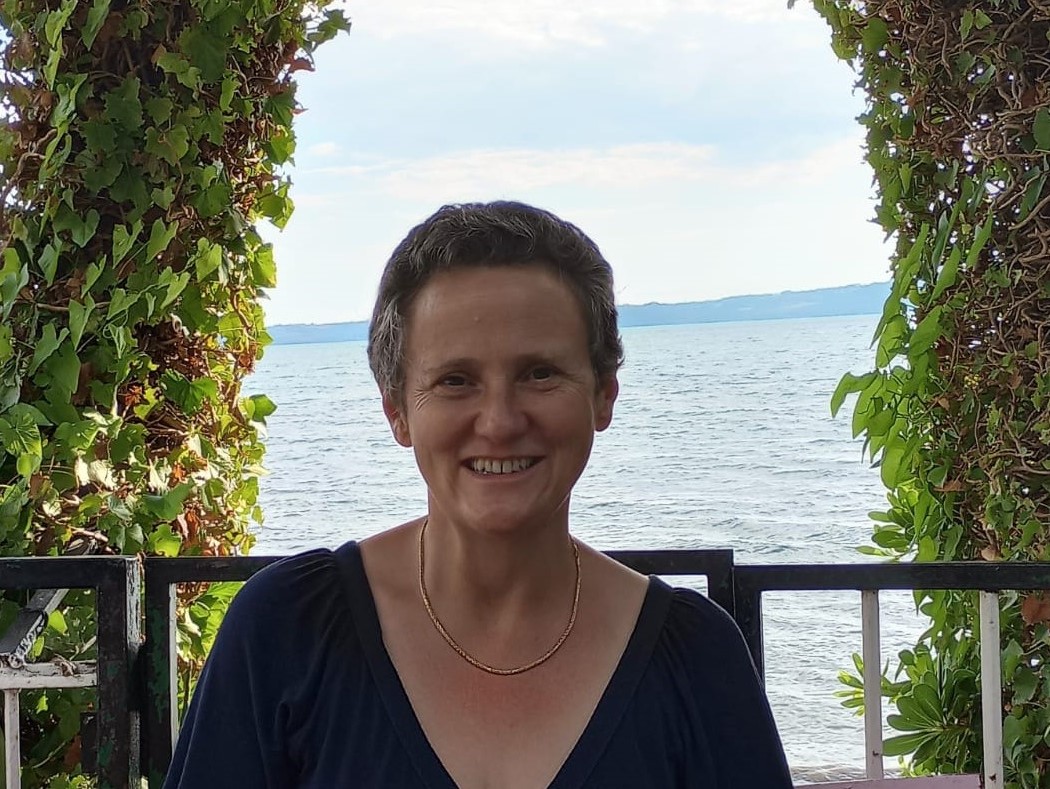
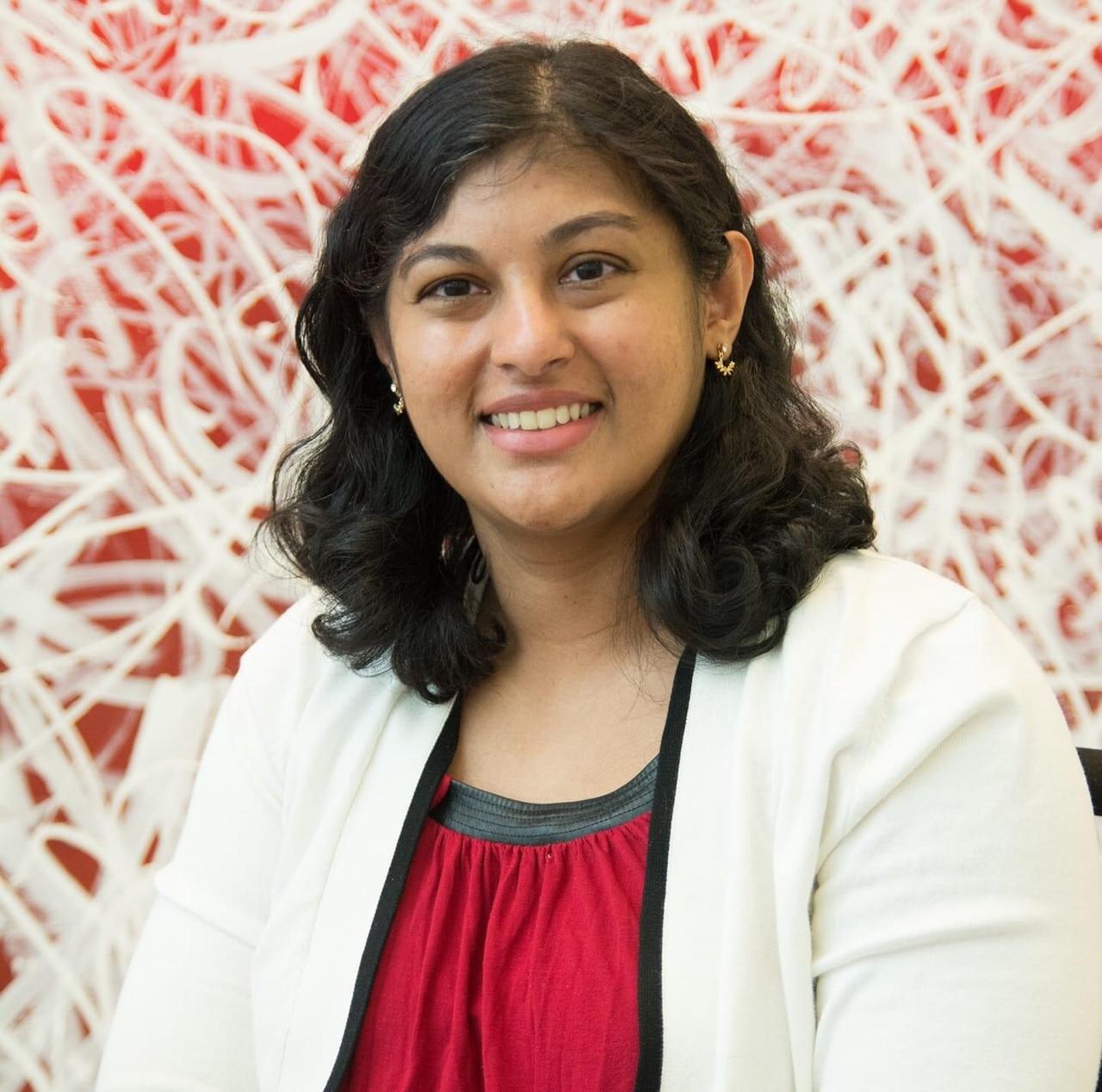
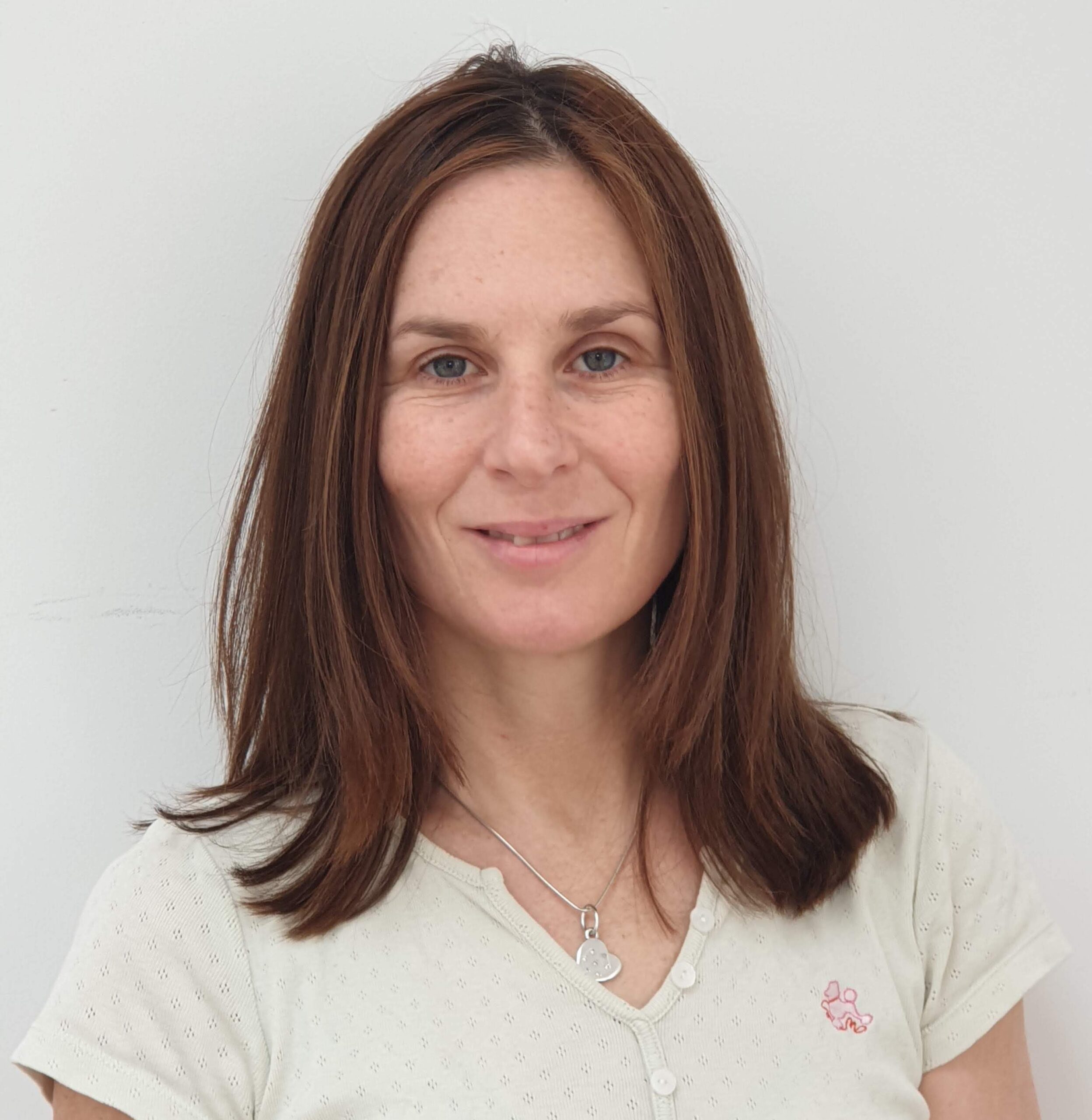
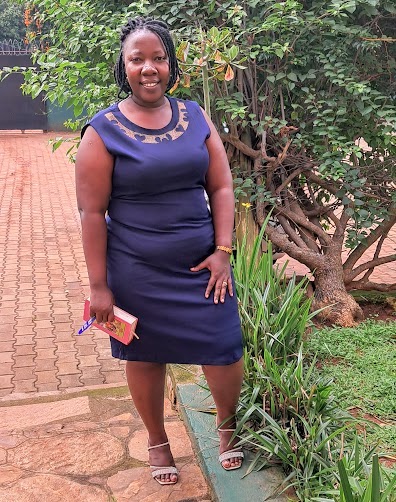
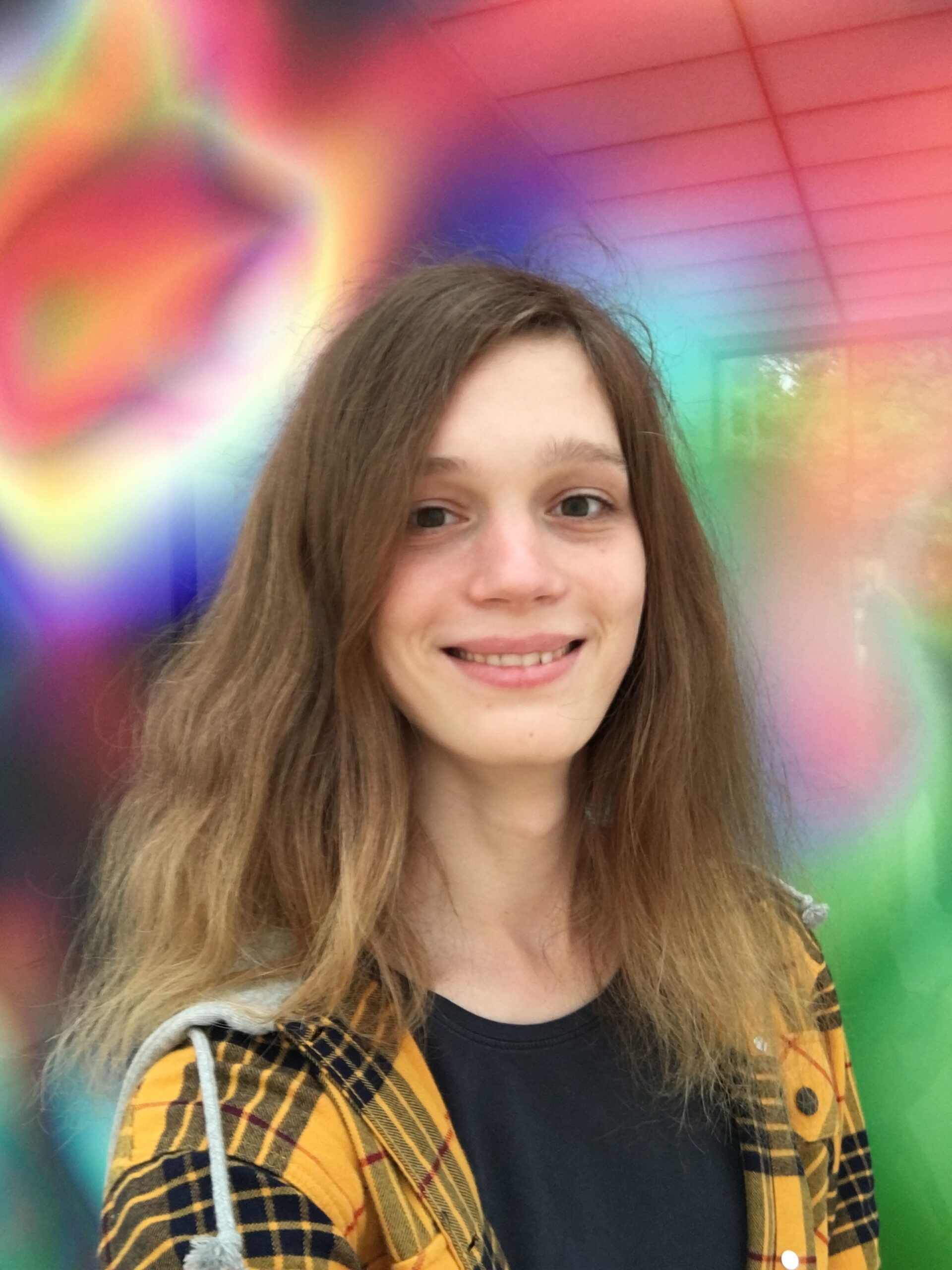
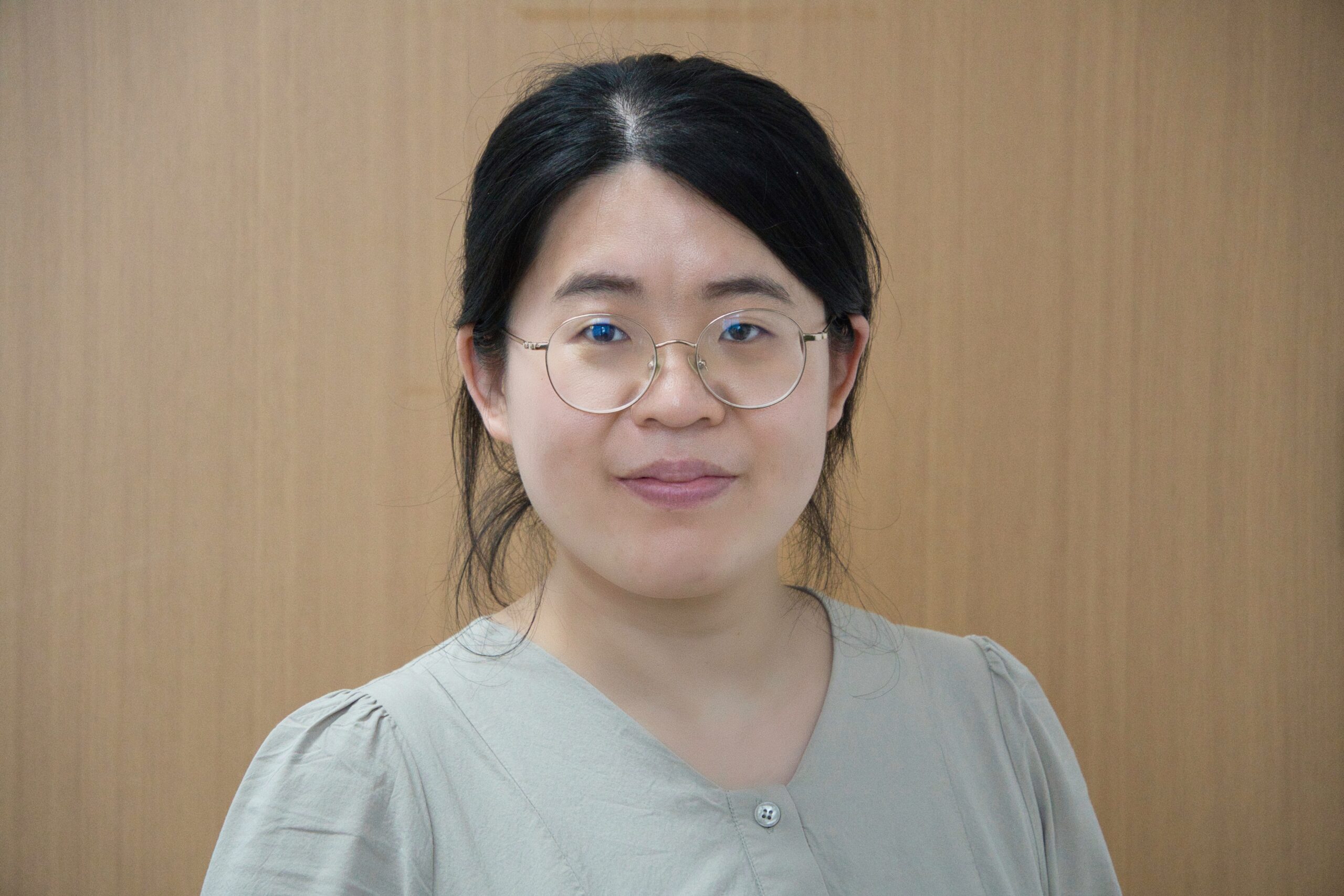
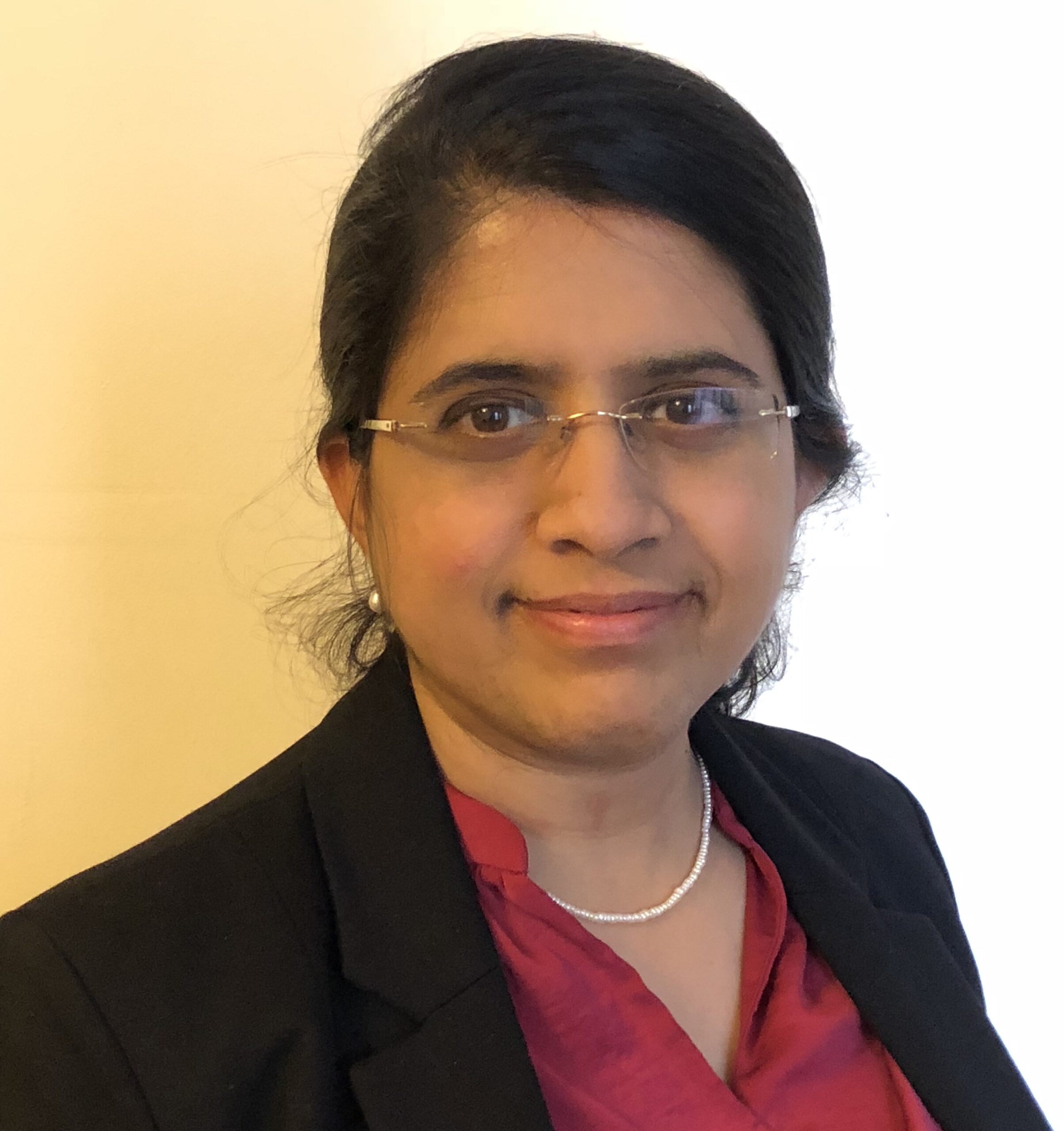
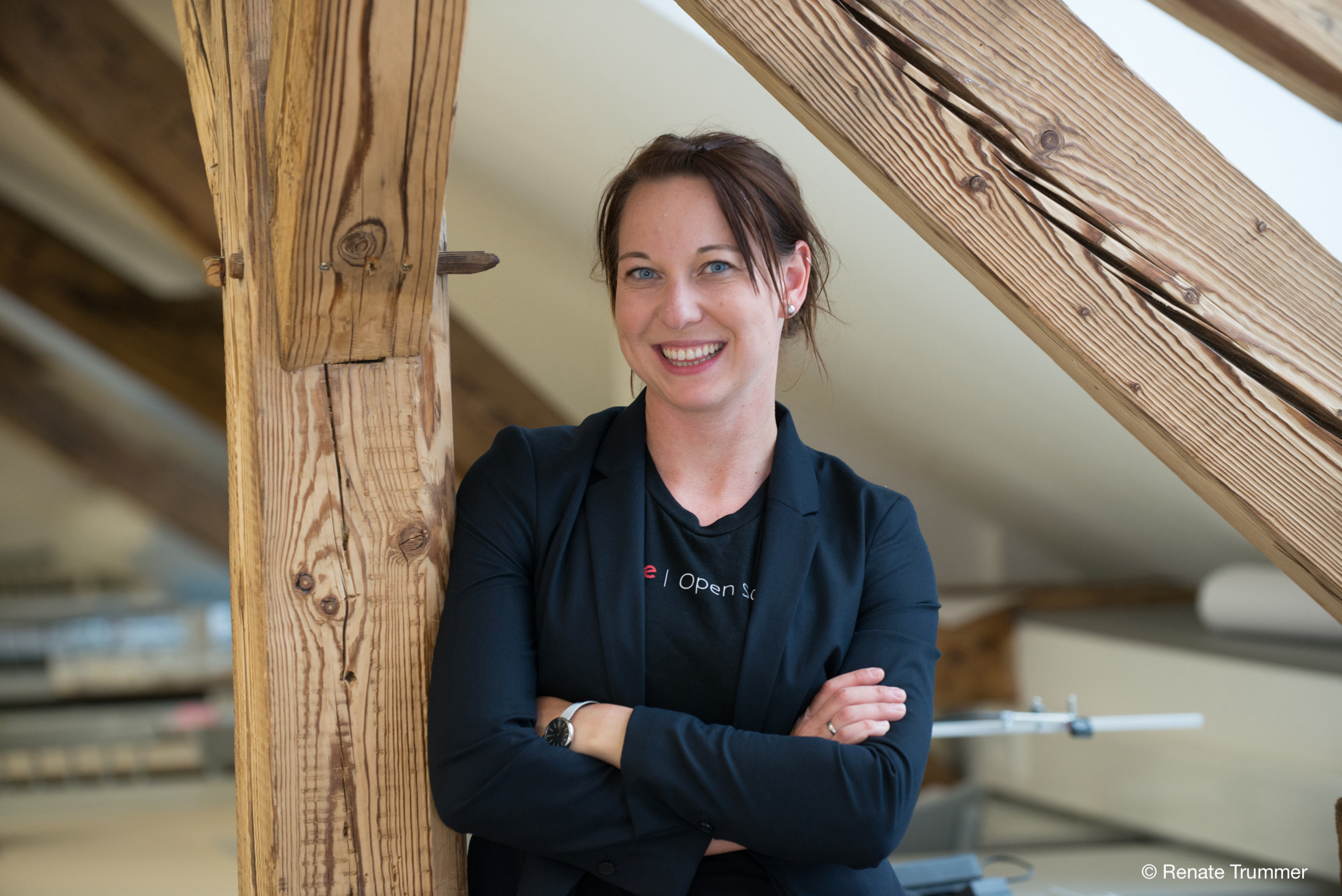
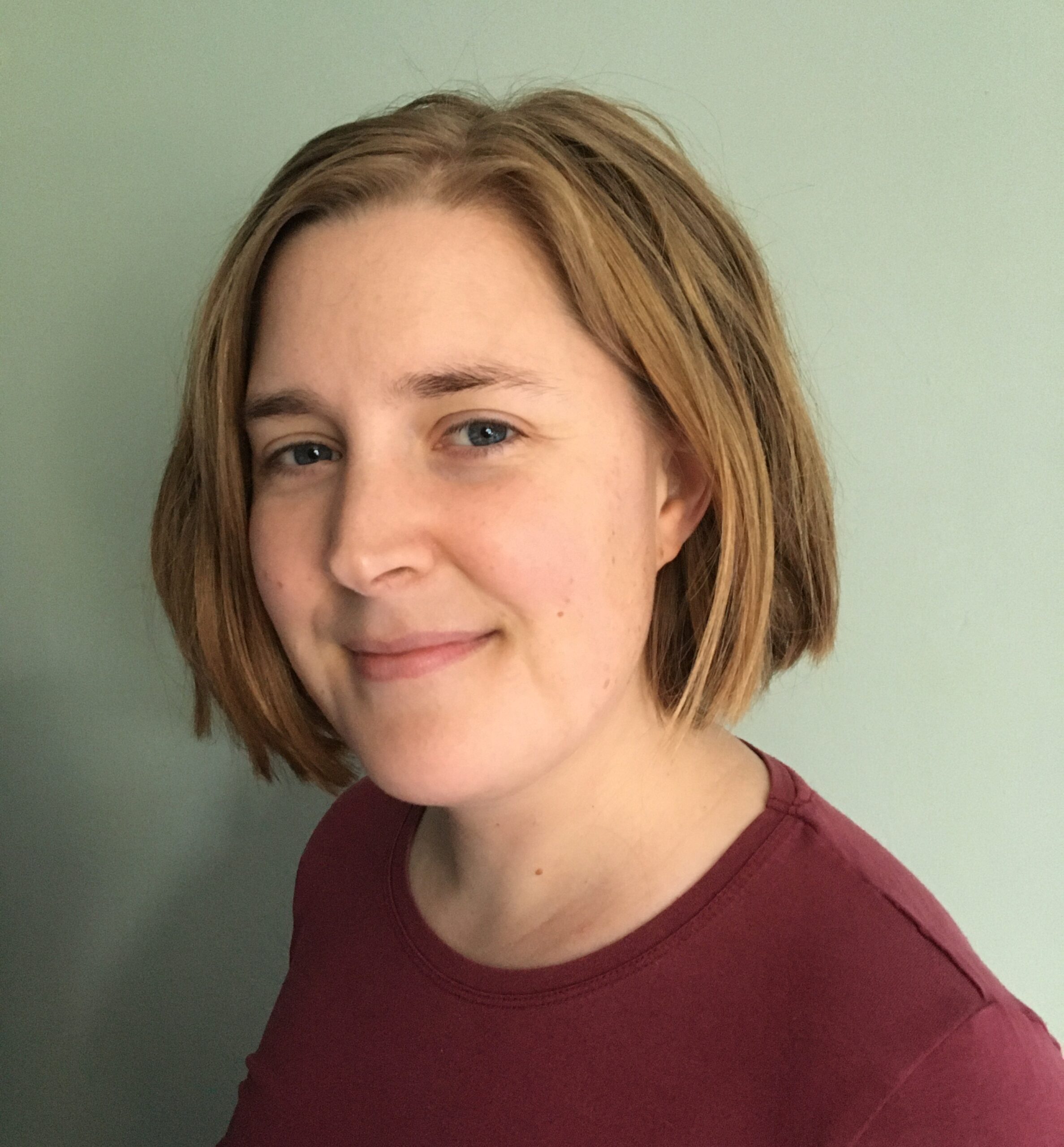

Recent Comments